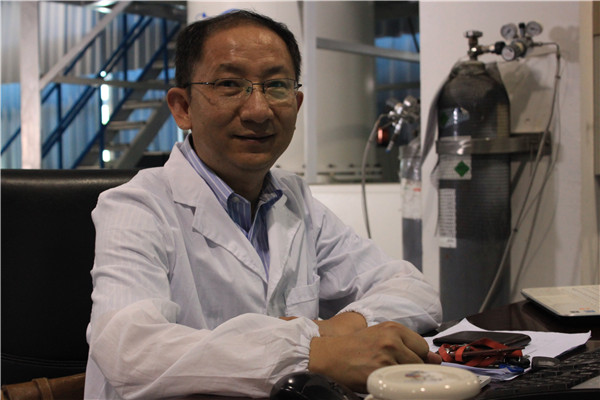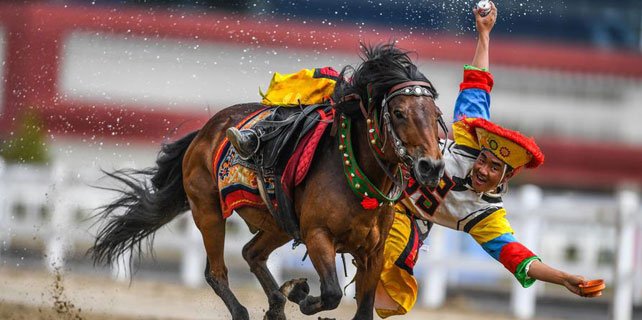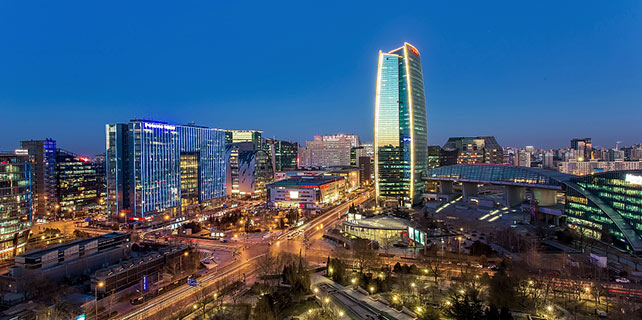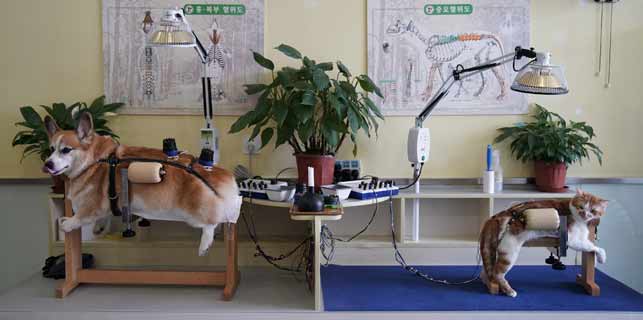Science comes home
 |
|
Wang Junfeng, deputy director of the High-Magnetic Field Laboratory. [Photo provided to China Daily] |
After returning to Boston, Liu spread the news about Science Island and looked for other candidates whose research fit the lab's life science department.
Liu first told his wife, Liu Jing, who was his classmate in Nankai University in Tianjin.
She was also a post-doctoral researcher of chemical biology at Harvard.
The two went to the US for doctoral studies in 2001, but they were in different universities. They got married in 2009 when they finally settled down in Boston.
"We were apart in different cities for half of the decade in the US, so we didn't plan to separate again," says Liu Jing.
When she knew her husband was serious about moving to Hefei, she started preparing to do so as well.
Liu Qingsong also tracked down his Harvard friends who were in specialized, exciting fields: Zhang Na, an expert on using nuclear magnetic resonance to study RNA molecules; Zhang Xin and Wang Wenchao, a couple researching cell biology; Lin Wenchu, who specializes in cancer research using mouse models; and Ren Tao, who focuses on high-throughput screening for new drugs.
Liu Qingsong told them about the opportunities offered by the lab and received positive responses.
One after another, they all passed the lab interviews and arrived on Science Island by the end of 2015.
The plan at the lab is finally being realized. The areas of focus range from molecular research to drug discoveries and testing.
The scientists are all conducting biological experiments in the high-magnetic field.
The aim is to identify the working mechanisms of some cancers so that effective drugs and therapies can be developed.






















